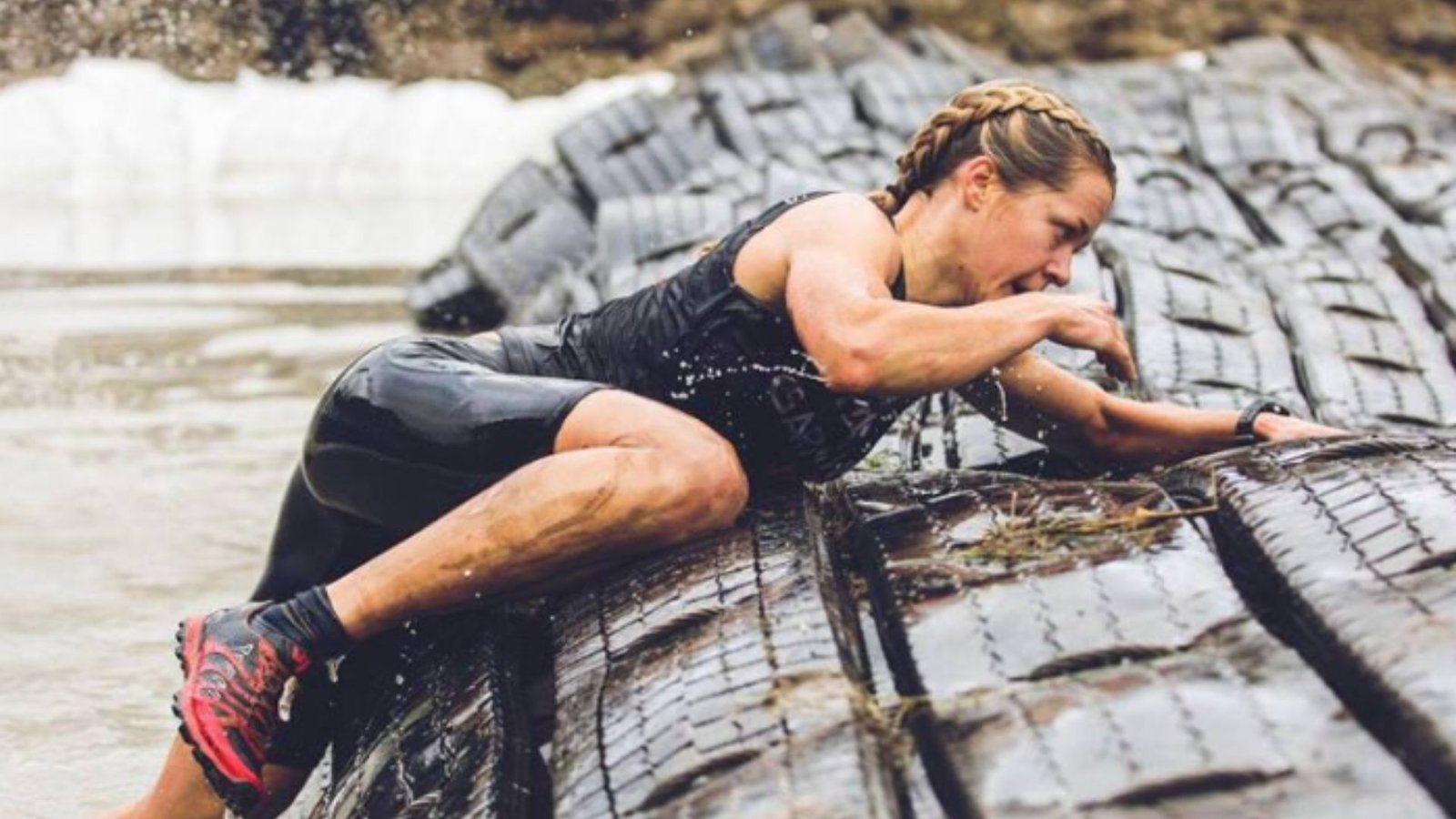Interviews with Obstacle Race Champions
Interviews with obstacle race champions offer a glimpse into the world of competitive endurance sports. These athletes demonstrate exceptional physical prowess and mental fortitude, making them role models for aspiring participants and enthusiasts alike.

Meeting the Champions
In our interviews with these champions, we delve into their backgrounds, discovering what initially drew them to obstacle racing. Many started as enthusiasts of running or fitness challenges and found obstacle racing to be the ultimate test of their abilities.
Training Regimens
One of the key aspects we explore is their training regimens. Champions typically follow rigorous schedules that include strength training, endurance exercises, and specific obstacle simulations. They emphasize the importance of functional fitness, agility, and mental preparation.
Mental Toughness
Obstacle racing is as much a mental challenge as it is physical. Champions share their strategies for maintaining focus during races, managing adrenaline, and overcoming the fear of failure. Mental toughness is often cited as a critical factor in their success.
Race Day Strategies
On race day, these athletes implement carefully crafted strategies. They discuss their approaches to tackling obstacles efficiently, conserving energy on long courses, and adapting to unexpected challenges. Every race presents a unique set of obstacles, requiring quick thinking and adaptability.
Achievements and Milestones
We highlight their notable achievements and milestones in the world of obstacle racing. From winning prestigious races to setting new course records, these champions have pushed the boundaries of what’s possible in this demanding sport.
Insights and Advice
Lastly, we gather insights and advice from these champions for newcomers and seasoned racers alike. They offer tips on preparation, injury prevention, and goal setting, encouraging others to pursue their passion for obstacle racing with dedication and perseverance.
Nutrition and Recovery
Nutrition plays a crucial role in the performance of obstacle race champions. During our interviews, they emphasize the importance of a balanced diet that fuels their training and recovery. Many champions follow specific dietary protocols tailored to their training phases, ensuring they have sufficient energy reserves for intense workouts and races. They discuss the significance of hydration, proper macronutrient intake, and the timing of meals to optimize performance and recovery.
Equipment and Gear
Obstacle race champions rely on specialized equipment and gear to navigate through challenging terrains and obstacles. They share insights into their preferred footwear for grip and traction, clothing that allows freedom of movement and protection, and accessories like hydration packs or gloves that enhance their performance. Understanding the right gear for different race conditions is crucial for maintaining comfort and safety throughout the course.
Injury Management and Prevention
Given the physical demands of obstacle racing, injury management and prevention are top priorities for champions. They discuss common injuries in the sport, such as sprains, strains, and overuse injuries, and the proactive measures they take to mitigate these risks. Strategies include proper warm-ups, cooldowns, stretching routines, and regular visits to physiotherapists or sports medicine specialists. Their commitment to injury prevention underscores their dedication to long-term performance and sustainability in the sport.
Community and Support Networks
Beyond individual achievements, obstacle race champions highlight the importance of community and support networks in their journey. They speak fondly of fellow racers, training partners, coaches, and supporters who contribute to their success. These relationships provide encouragement, motivation, and camaraderie both on and off the racecourse, fostering a sense of belonging within the obstacle racing community.
The Future of Obstacle Racing
Looking ahead, champions share their thoughts on the evolution of obstacle racing. They discuss emerging trends, such as virtual races, team-based events, and advancements in obstacle design and technology. They express optimism about the growth of the sport, attracting more participants of diverse backgrounds and skill levels. Champions envision obstacle racing continuing to challenge boundaries and inspire individuals to embrace an active lifestyle.
Conclusion
Interviewing obstacle race champions reveals the dedication, discipline, and passion that drive their success in this challenging sport. Their stories inspire and motivate others to push their limits, embrace challenges, and achieve their own personal victories in obstacle racing.



